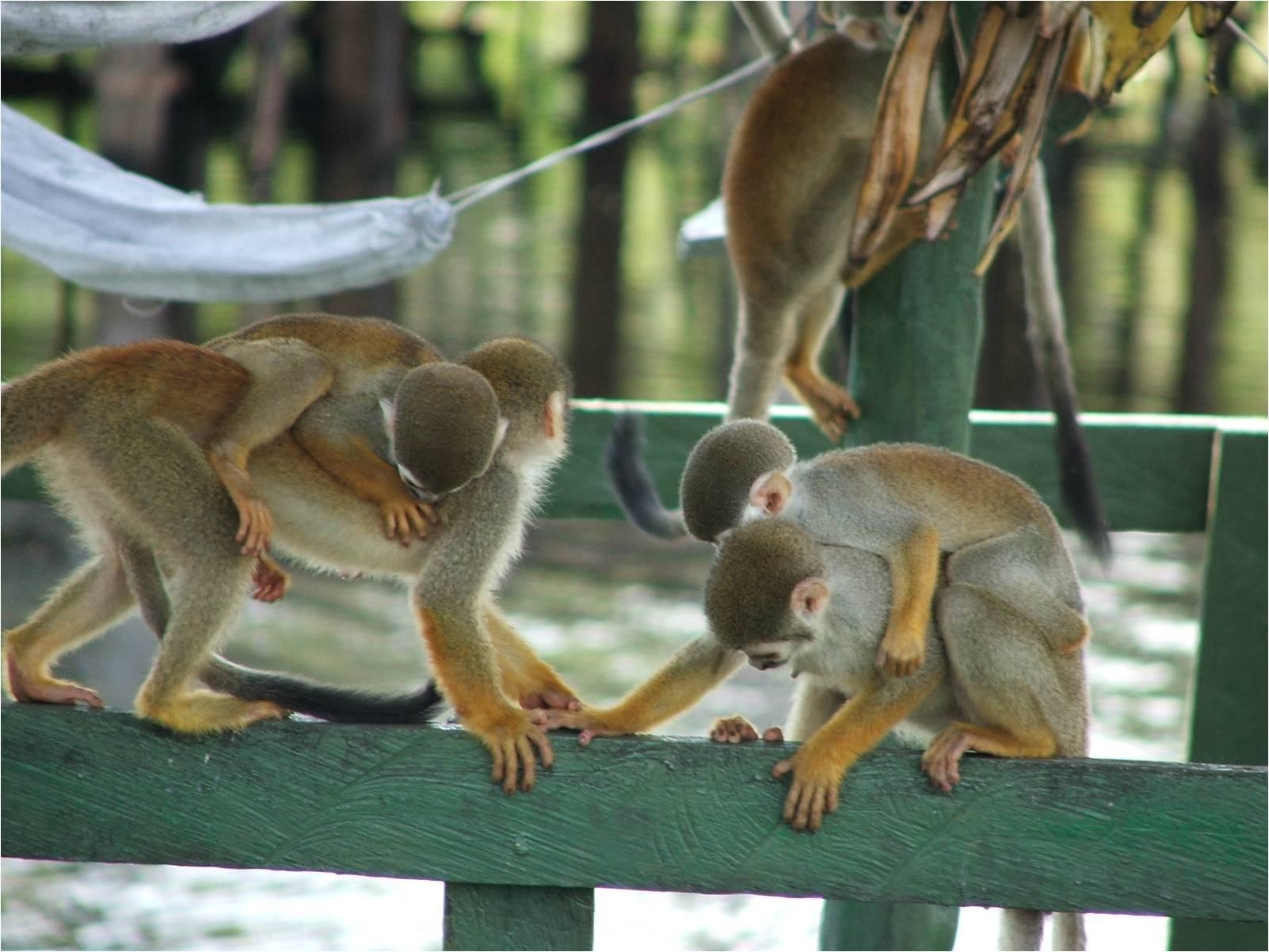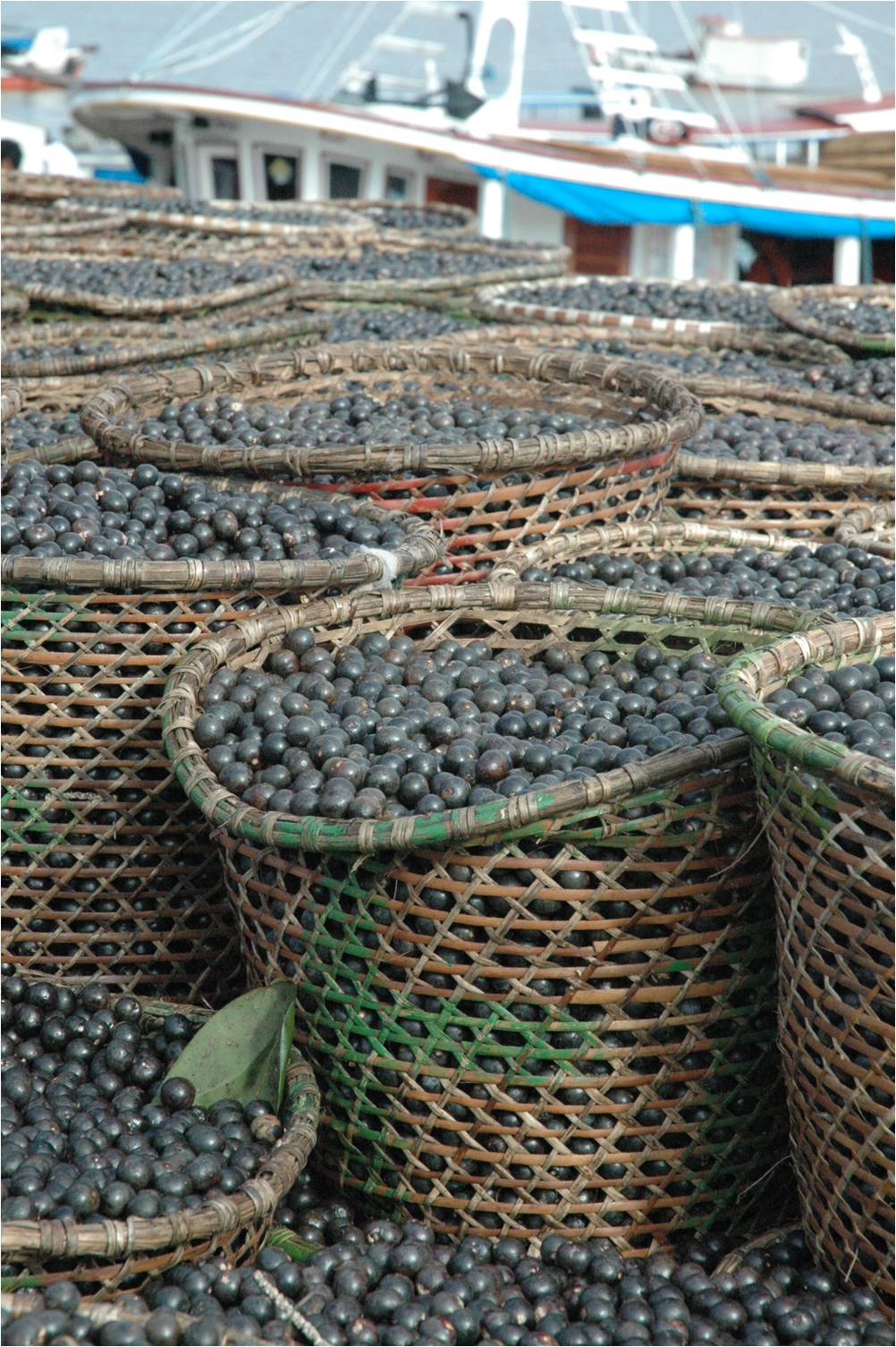COMMUNITY COLLABORATION AT THE MOUTH OF THE AMAZON, PARA, BRAZIL
PROTECTING THE AMAZON
Brazilian Project Ecomapua
The lowland of Marajo Island, in the mouth of the Amazon River, is a unique environment – rich in water resources and biodiversity. Home to at least ten endemic species and essential to migratory birds as well as a community of forest dwellers, the area is now under threat from illegal logging and deforestation for agriculture.
This project helps the local community conserve 86,000 hectares of forestland, eradicating logging by helping them realise value from the standing forest.
The project captures 72,338 tonnes CO2e every year, and resulting carbon finance supports a variety of activities – from education in sustainable farming practices to the development of sustainable açai production for food and biofuel.
This ‘super-food’ berry is one of the main sources of food and income for the community. Native tree nurseries have been established for regenerating deforested land and 1,200 hectares are being planted with a mix of native tree species and açai helping to increase productivity.
In addition, programmes are helping local sustainable businesses to form and grow with support available for vegetable gardening, poultry and fish farming.
The collaboration
Through our connection with the Brazilian Project Ecomapua, the carbon emissions offset from any event or festival support local communities in delivering sustainable development goals within their community.
Their project generates the production of açaí for food & biofuel, and creates alternative sources of income for the community which do not harm the forest around them.
Tons of CO2e every year
Hectares planted
Successful outcome
Captures 72,338 tones of CO2 emissions every year
Has planted 1,200 hectares of saplings in degraded land aiding reforestation
Creates 50 permanent jobs and 150+ are expected over the coming years
Protects the local biodiversity of the region, including monkeys, foxes, jaguars and many more
Supports local, sustainable farming businesses





